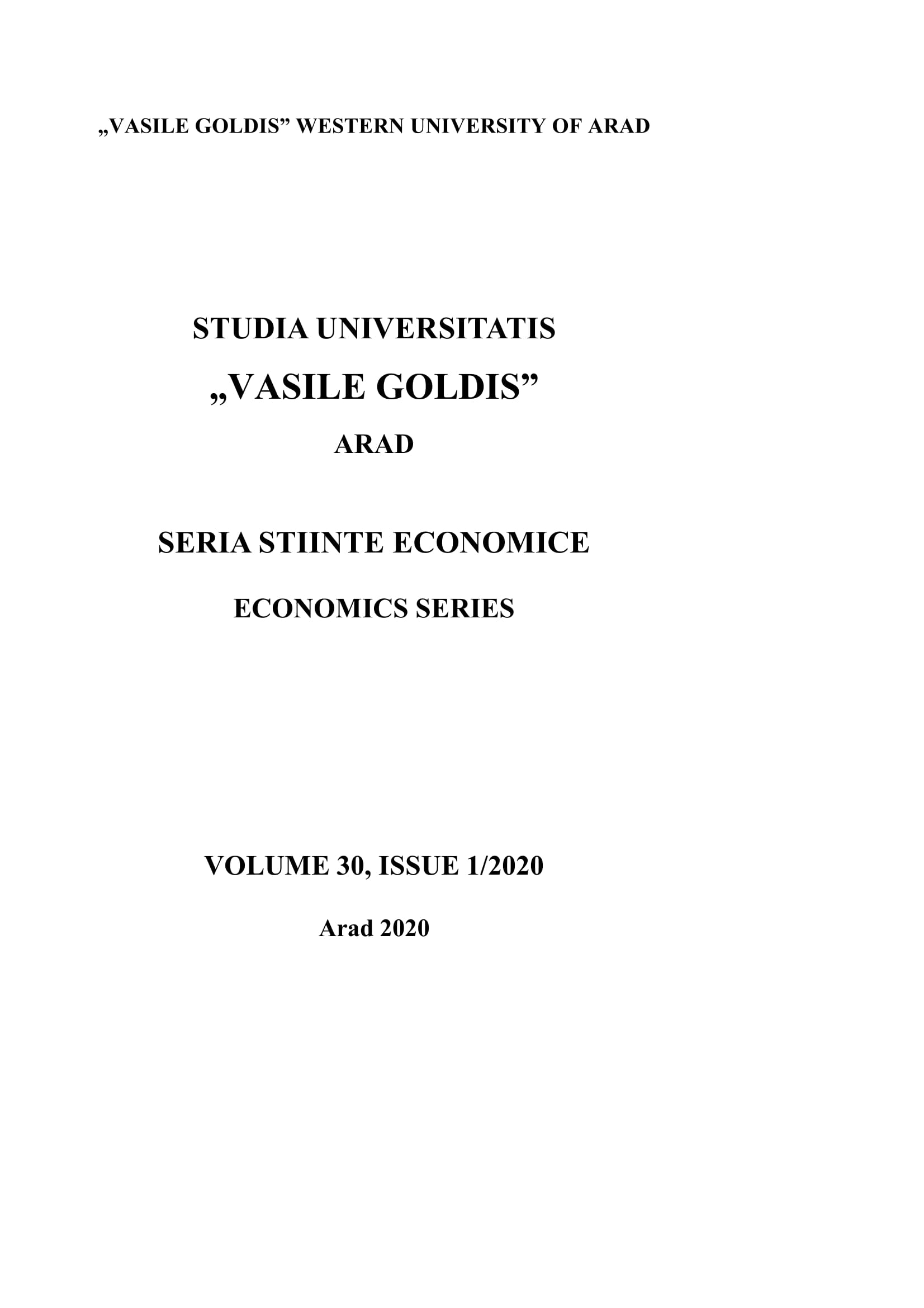ALLEVIATING POVERTY IN NIGERIA: KEYNESIAN VS. MONETARY THEORY OF POVERTY
ALLEVIATING POVERTY IN NIGERIA: KEYNESIAN VS. MONETARY THEORY OF POVERTY
Author(s): Olukayode Emmanuel Maku, Afeez Taiwo Tella, Akinola Christopher FagbohunSubject(s): Socio-Economic Research
Published by: Editura Universităţii Vasile Goldiş
Keywords: fiscal policy; monetary policy; poverty; poverty alleviation;
Summary/Abstract: This study comparatively investigates the impact of fiscal and monetary policies on poverty on Nigeria from 1986 to 2018. Using the Ordinary Least Squares and Standardized or Beta Coefficient approach, we found that the Nigerian political system plays a vital role on a large number of its citizens living in extreme poverty. Other factors identified as the likely causes of poverty are insurgencies, terrorism, and low productivity among others. Also, monetary policy is more important in alleviating poverty than the fiscal policy which favored the monetary school arguments. Specifically, monetary measures like exchange rate and interest rate are more significant in alleviating poverty far more than inflation rate while fiscal measures proxy with government recurrent expenditure plays a more vital role in alleviating poverty in Nigeria that others like government capital expenditure and government recurrent expenditure. The study recommended that in the case of monetary measures, there is a need for Government through the Central Bank of Nigeria, to shift their attention towards key monetary policy measures like interest rate and exchange rate compared to other monetary measures.
Journal: Studia Universitatis Vasile Goldiş, Arad - Seria Ştiinţe Economice
- Issue Year: 30/2020
- Issue No: 1
- Page Range: 103-120
- Page Count: 18
- Language: English

